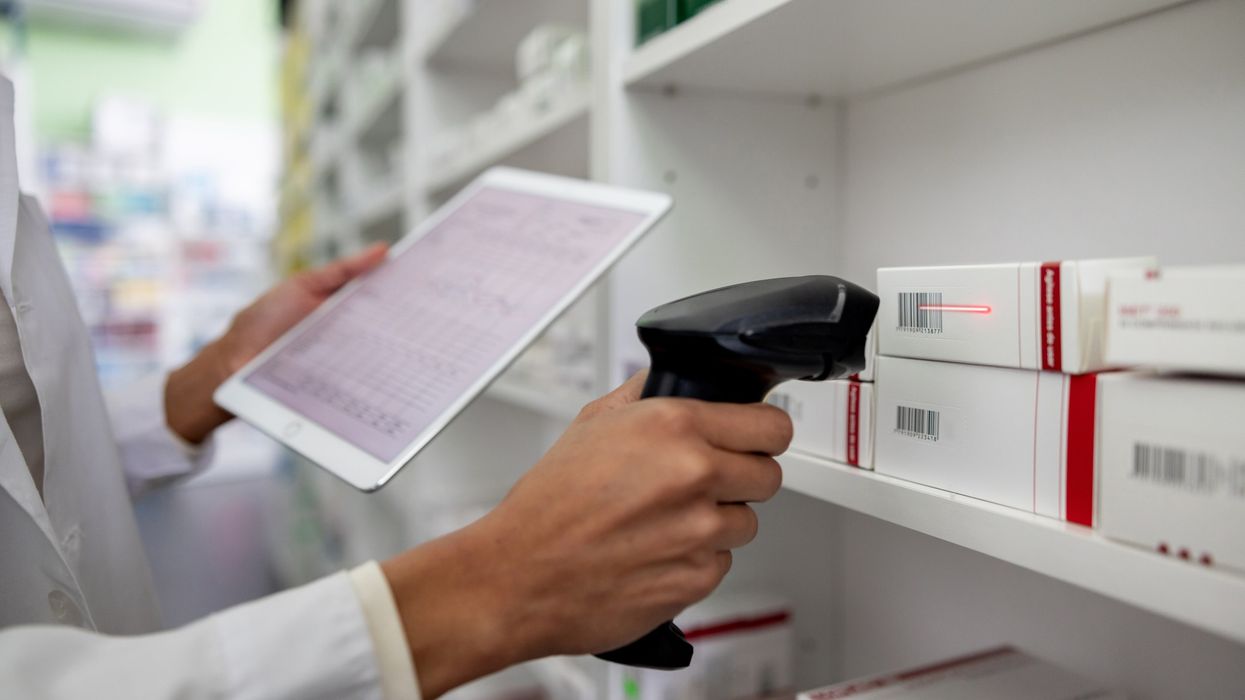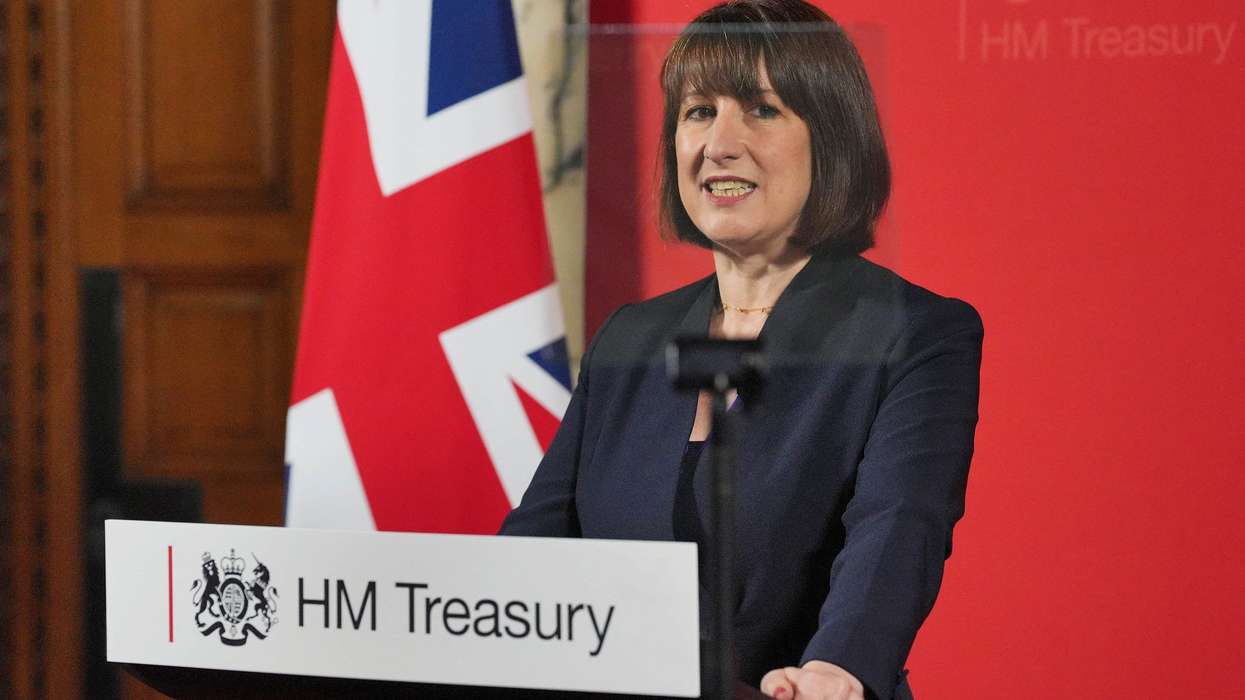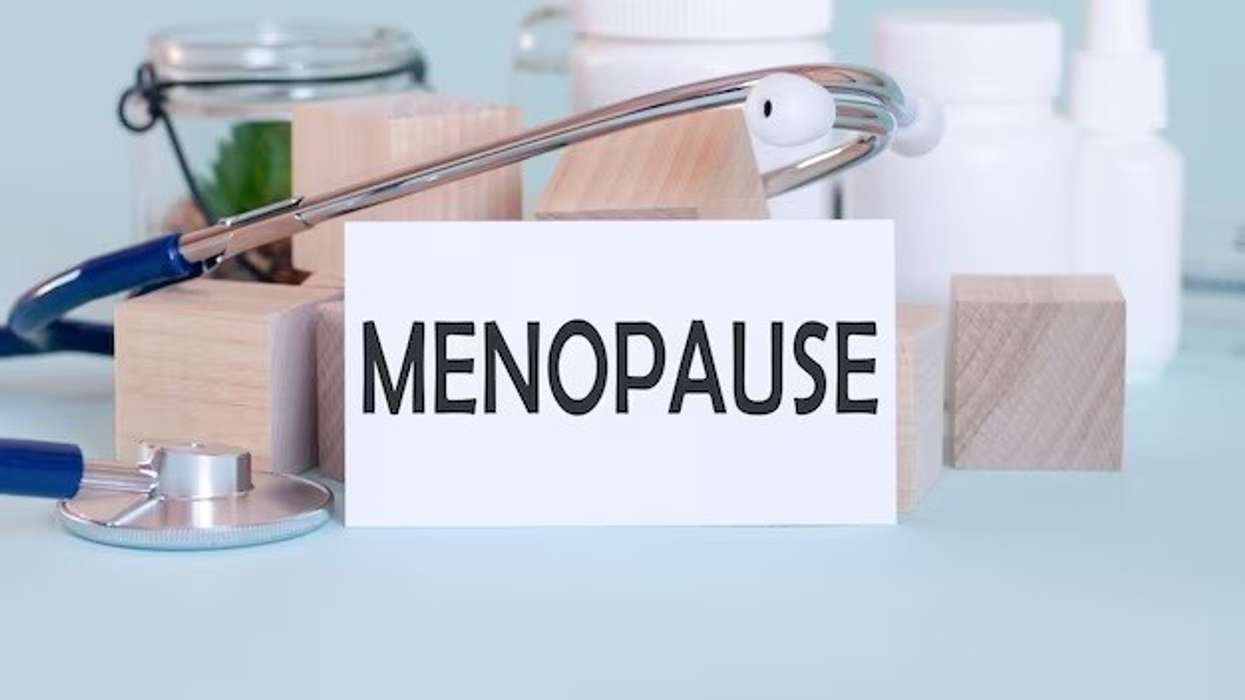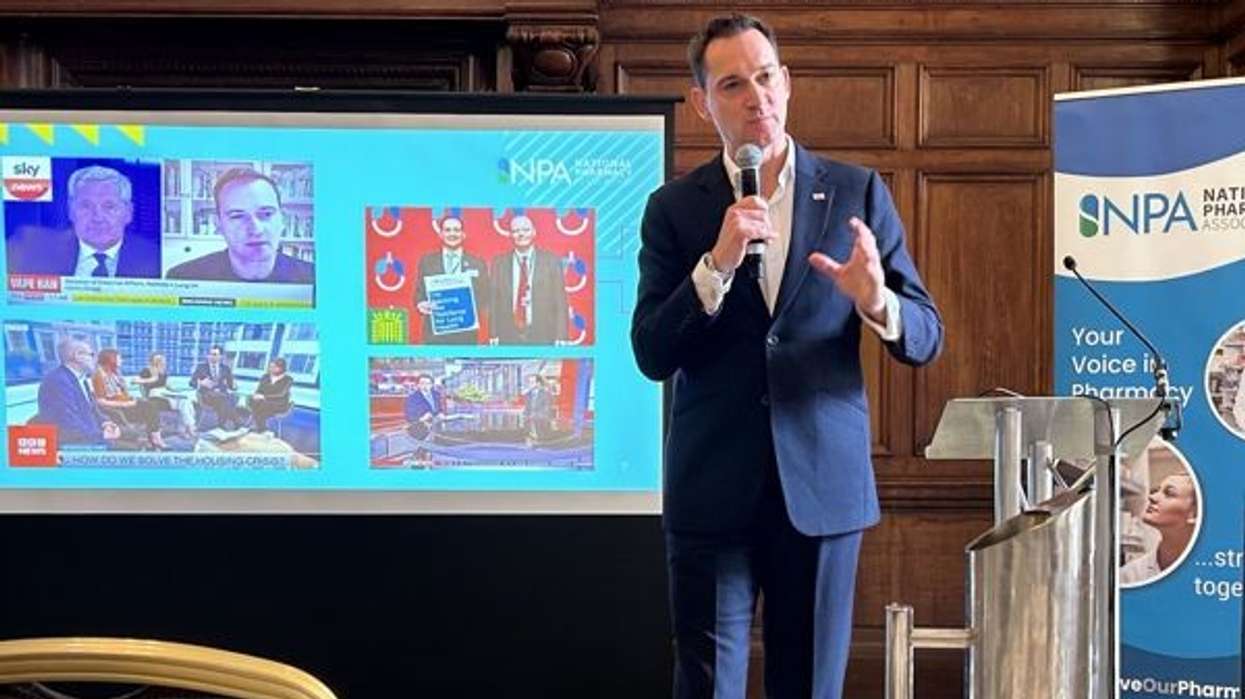THE Healthcare Distribution Association has called for the adoption of paperless technologies in the distribution of medicines and wants the government to amend the laws.
The wholesale medicine distributors' body said that transitioning from paper to electronic delivery documentation would increase efficiency and productivity, and it would be in line with the government's aim to modernise the NHS by adopting new technologies like AI.
At present, the medicines regulation mandates that a paper delivery note (or invoice) should accompany all medicines, whether the customer wants them or not.
These invoices are included in all wholesaler deliveries, whether from the wholesaler to another wholesaler, community pharmacy, dispensing doctor or other customer type.
In many of these establishments, the digital technology is already in place, and the paper document is either not used or discarded.
The Medicines and Healthcare products Regulatory Agency (MHRA) is seeking views from stakeholders on its proposals to amend Good Distribution Practice (GDP) guidance to include the provision to transmit supply documentation from wholesalers electronically.
This will reduce dependence on paper, reduce costs for customers and wholesalers, and lead to faster and more accurate processes in pharmacies, doctors and hospitals.
The adoption of paperless Controlled Drug Requisition documents will facilitate this process and avoid the challenges of lost or mislaid paper documents.
Electronic invoices will be more accurate and eliminate the chances of human error associated with handwritten invoices.












